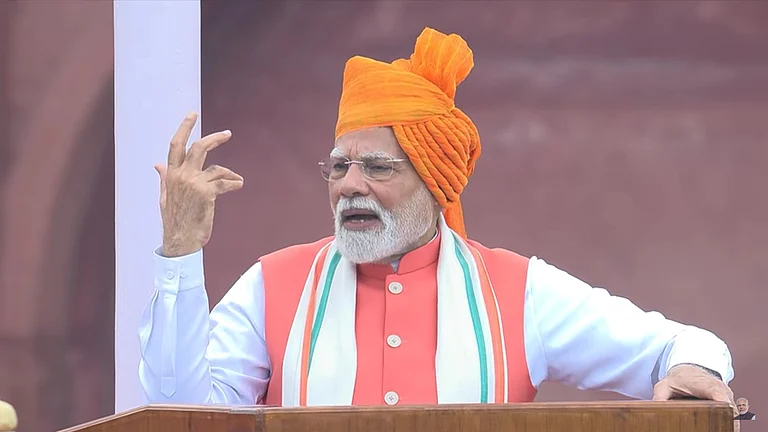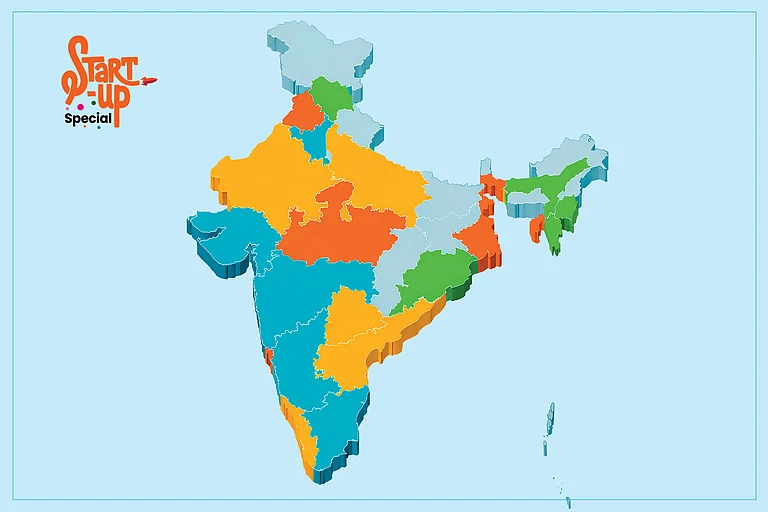Shares of consumer durable companies jumped up to 10% on August 18, amid hopes that the government may lower Goods and Services Tax (GST) rates on the sector. AC and electronic manufacturers like Voltas, Blue Star, PG Electroplast, and Amber Enterprises gained as much as 10% in early trade, as investors pinned hopes on a potential boost in festive-season demand driven by a cut in GST rates.
The focus has largely been on air conditioners and large-screen televisions, currently taxed at 28%, while smaller appliances such as smartphones, refrigerators, washing machines, and microwaves attract an 18% GST.
Analysts say that a reduction in rates could make these high-ticket items more affordable, particularly for households in the mass-market segment. The move comes at a time when consumer sentiment has been subdued and discretionary spending muted, heightening expectations of a strong festive rebound if relief is delivered.
Prime Minister Narendra Modi, in his Independence Day address, teased a major overhaul of GST ahead of Diwali, aiming to simplify the rate structure. Reports suggest a proposed rationalisation into two slabs of 5% and 18%, with higher taxes retained for luxury and sin products. This restructuring would see the majority of items in the 12% bracket fall to 5%, while nearly 90% of goods in the 28% bracket could shift to 18%, potentially easing the burden on consumers significantly, Nomura said.
Brokerages are upbeat about the impacts of the rate cuts for specific product segments. Jefferies and CLSA anticipate that GST on air conditioners may fall to 18%, which would likely reignite demand after recent softness.
Meanwhile, analysts at Nomura note that this could translate to price reductions of around 8% for consumers, aiding both affordability and the clearance of excess inventory in retail channels. While forthcoming energy efficiency norms for ACs, effective January 2026, may raise costs slightly, the net effect is expected to remain positive, especially if demand recovers in the upcoming summer.
The wider impact on the economy could also be substantial. Kotak Institutional Equity estimates that GST rationalisation could unlock a ₹2.4 lakh crore boost, benefiting sectors such as consumer durables and automobiles the most. For companies, lower taxation may improve profitability and help reignite growth whereas for consumers, it offers the prospect of more accessible high-value goods.

































